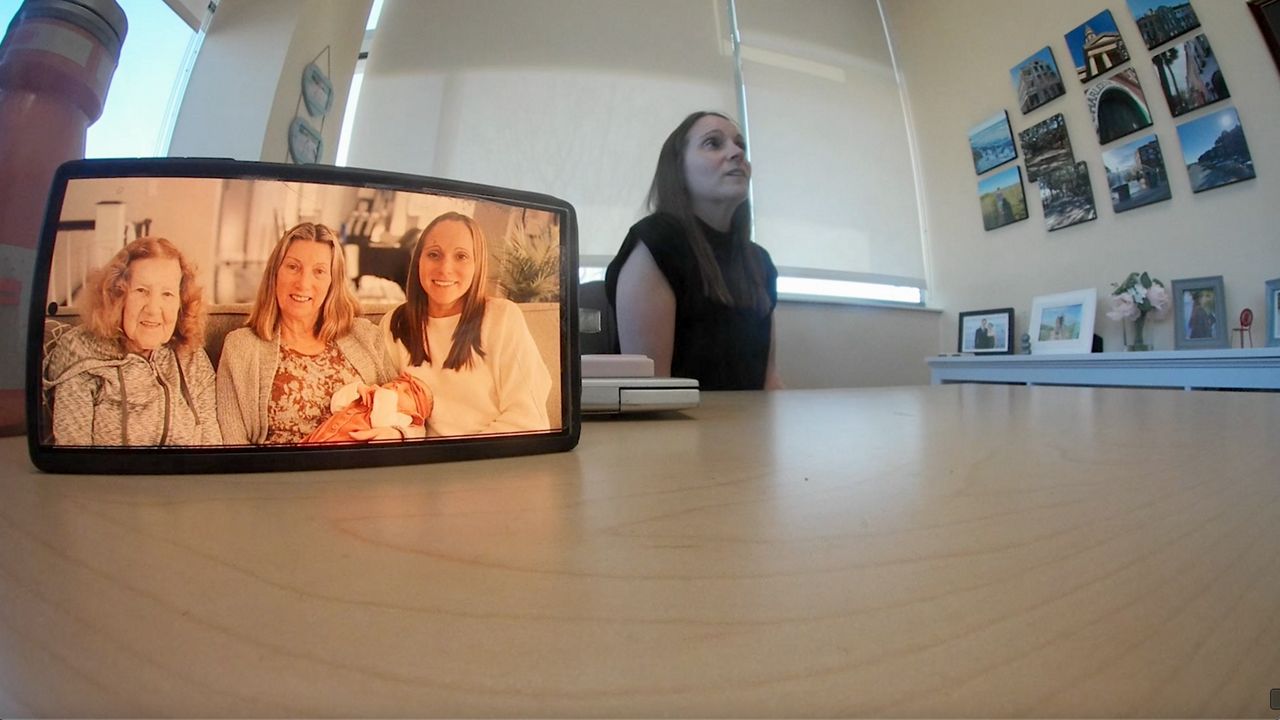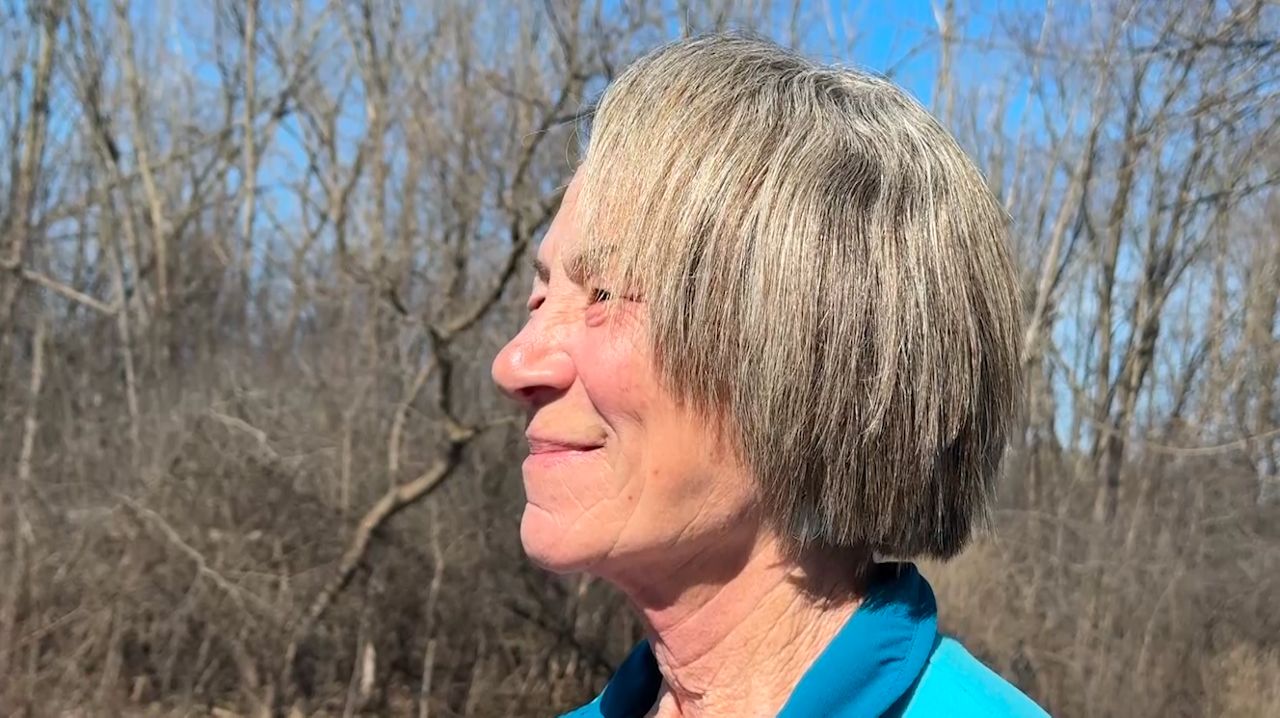TWO RIVERS, Wis. — Commercial fishing on the Great Lakes began 150 years ago, and fishermen once numbered in the thousands. Now, only a handful of businesses are still at it, and many are aging out and looking for help.
Jamie LeClair represents the fifth generation involved in her family-run commercial fishing business.
“Everybody’s been very innovative in the family. I think that’s what kept us going,” said LeClair.
The main catch on Lake Michigan is whitefish, which LeClair sells from the family’s Susie-Q storefront in Two Rivers. They also sell to distributors, ship products and bring fresh fish to farmers’ markets.
“You can bake it. You can deep fry it. You can broil it. You can grill it. It takes on any flavor you want,” explained LeClaire.
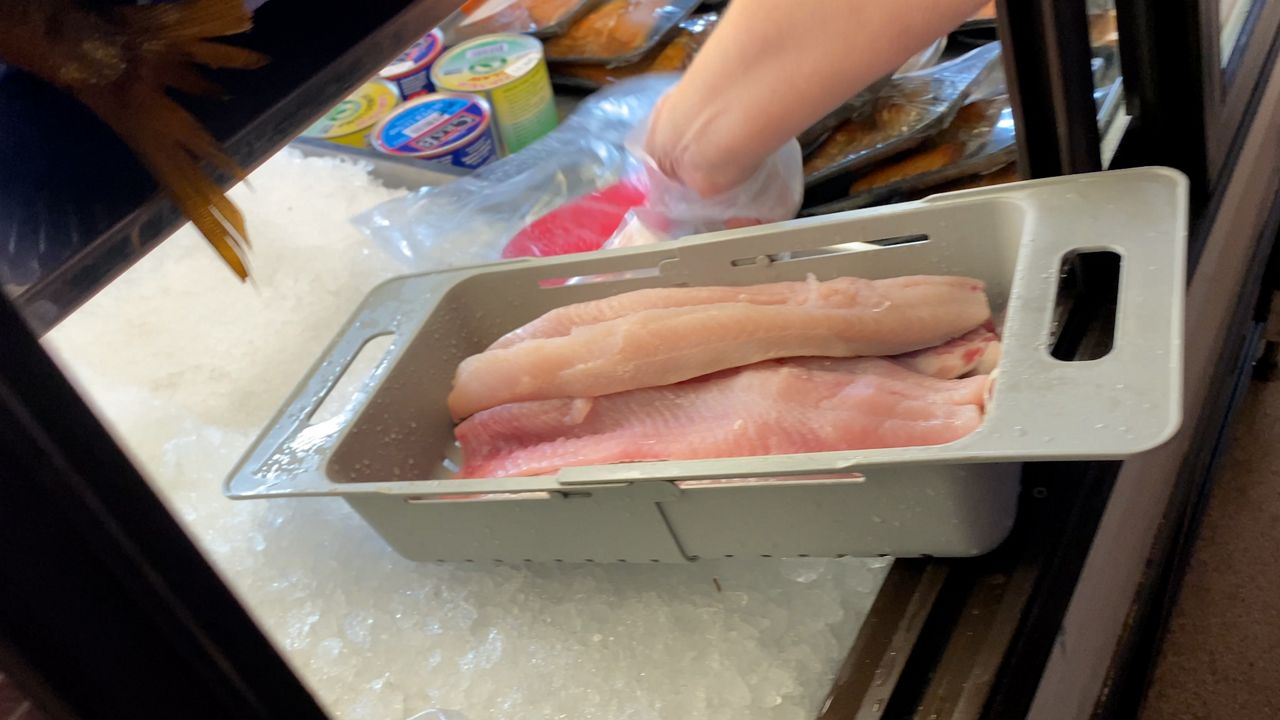
The Susie-Q II fishing boat, with its distinctive black and red colors, sits below the store on the East Twin River. When it’s not out fishing on Lake Michigan, the boat looks calm and steady, but things can get rough on the big lake, even for seasoned veterans.
“It took my dad 10 years before he stopped being seasick, but he didn’t have a choice,” laughed LeClair.
Titus Seilheimer, a fisheries specialist for the Wisconsin Sea Grant, said the industry needs to start training the next generation of commercial fishermen.
“There are concerns. A lot of folks I work with are getting older, and the fleet is getting grayer," said Seilheimer. “There are concerns. A lot of folks I work with are getting older, and the fleet is getting grayer," said Seilheimer. "That’s an issue here in the Great Lakes, but really any fishery."
He stressed the industry’s importance to local communities.
“There’s a lot of heritage associated with these fisheries, but also, they’re catching fish. People are eating the fish, and most of our Great Lakes fish are consumed locally. It’s really feeding the local markets, the tourism market as well,” explained Seilheimer.
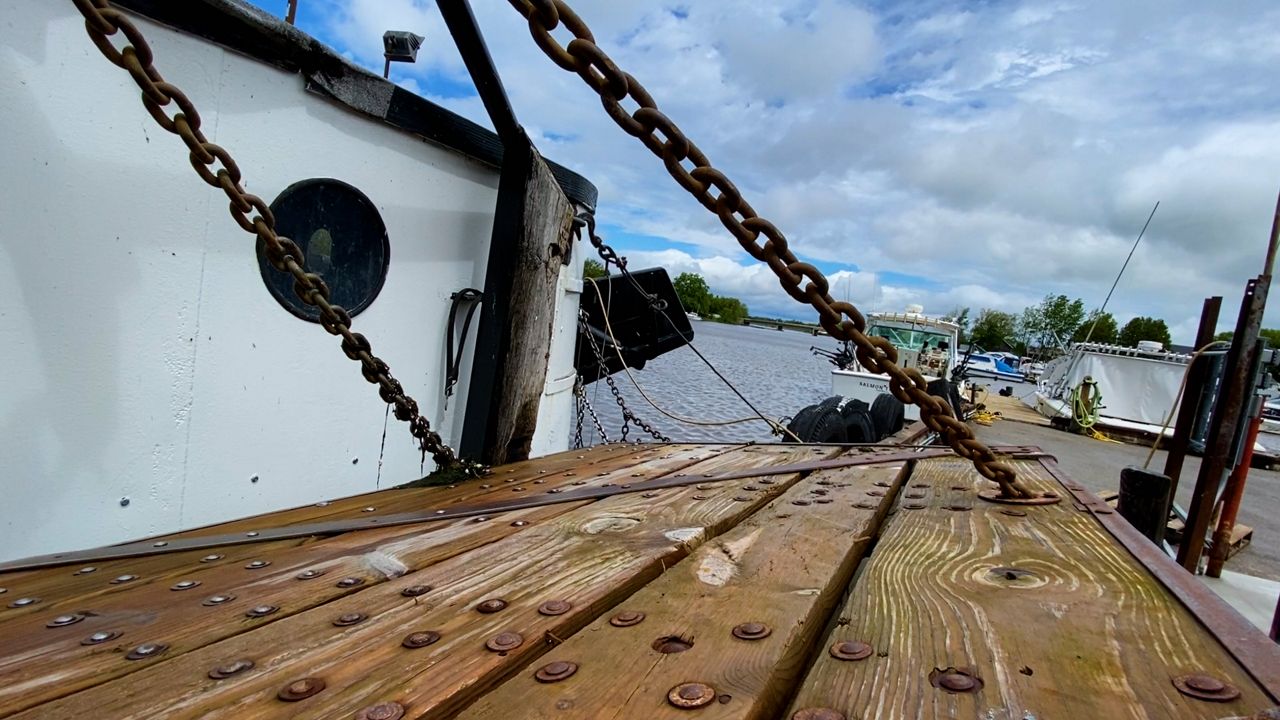
He co-authored a paper that studied the fishery and the people who worked it.
Fisheries experts want to secure funding from the NOAA, the National Oceanic and Atmospheric Administration, to help train the next generation of Great Lakes commercial fishermen.
“Maybe find people who aren’t sure what they want to do with their lives, but maybe they love spending time on the water. They don’t mind getting up early and working hard. I think it’s finding the right people that this is the right fit for them, and they can be happy with it,” said Seilheimer.
He spent time conducting research on a fishing boat with the Susie-Q crew. He said it’s a hard job that begins before the sun comes up, but can be rewarding.
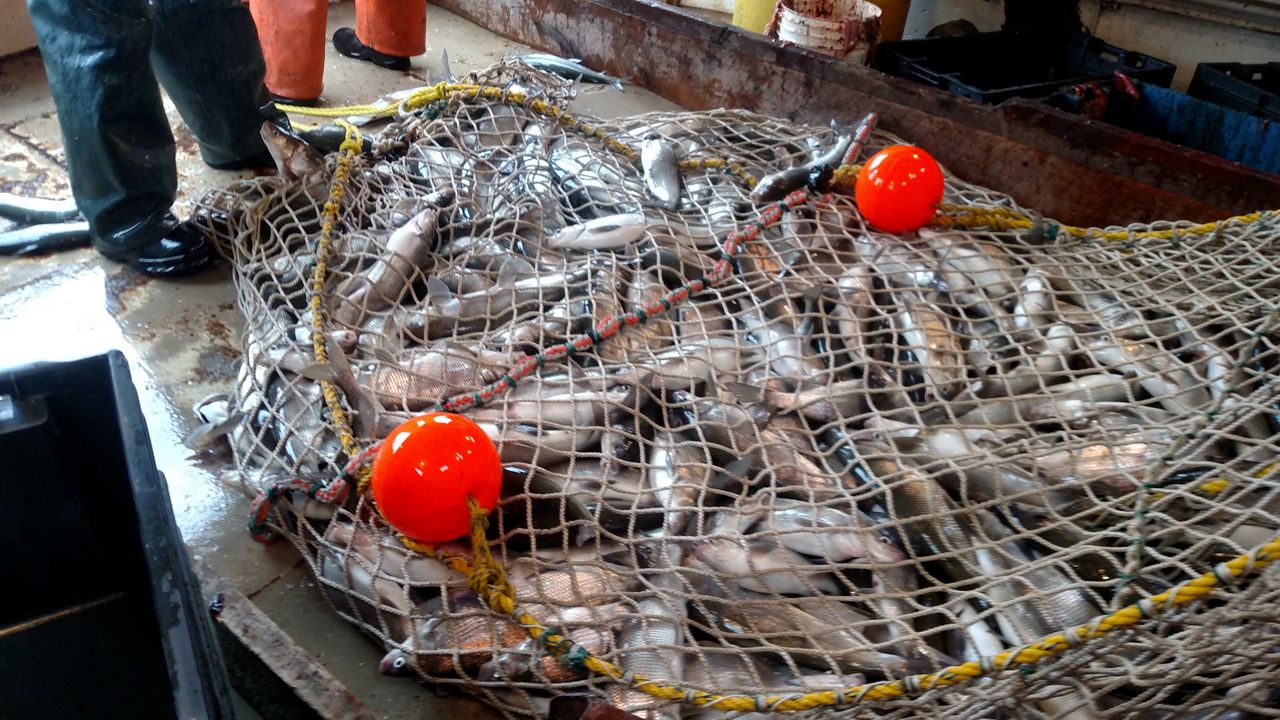
“Every time you bring the net in, it’s like that anticipation. Did we catch enough fish? What’s going to be in the net?” said Seilheimer.
Seilheimer said he wants to help businesses, often dominated by family and local workers, find the help they need in the industry.
“If you don’t know that there is a Great Lakes commercial fishery, you’re not going to think, maybe this is the career for me,” said Seilheimer. “We’re trying to develop tools you can take into schools to help recruitment.”
LeClair said she thinks more hands on deck will help their business and the local community. A survey conducted by researchers found that 68% of fish processed were sold within a 100km (62 mile) radius.
“We need it desperately. There are so many people closing up. I think anybody likes anything fresh as fresh can be. They just love it,” said LeClair.
They said they hope the program helps Susie-Q and similar businesses find the help they need to keep the shrinking Great Lakes commercial fishing fleet above water while bringing locally sourced fish to market.








